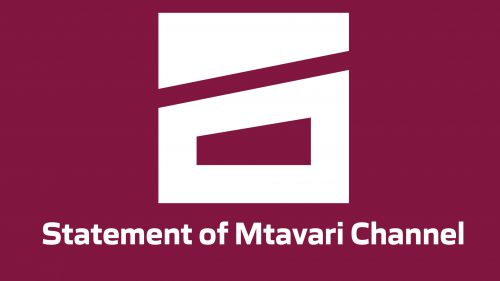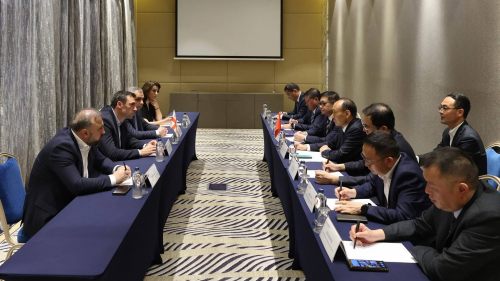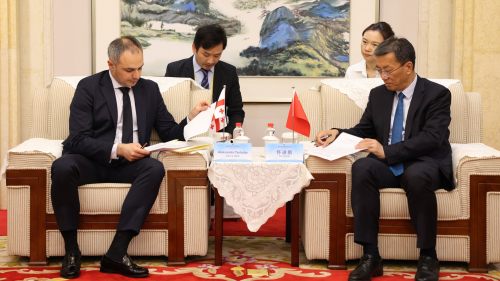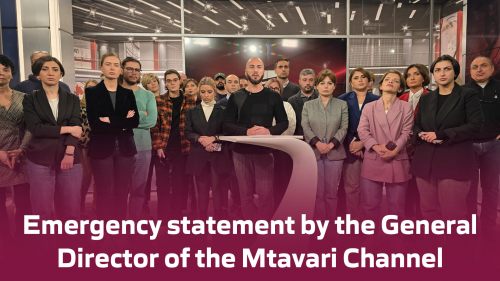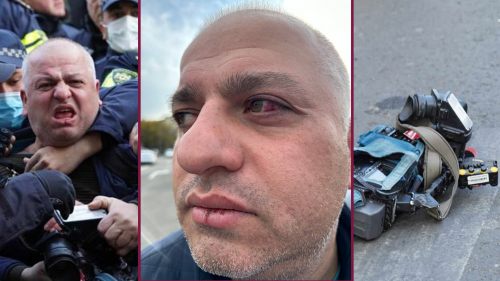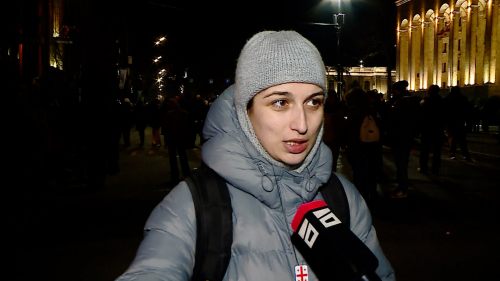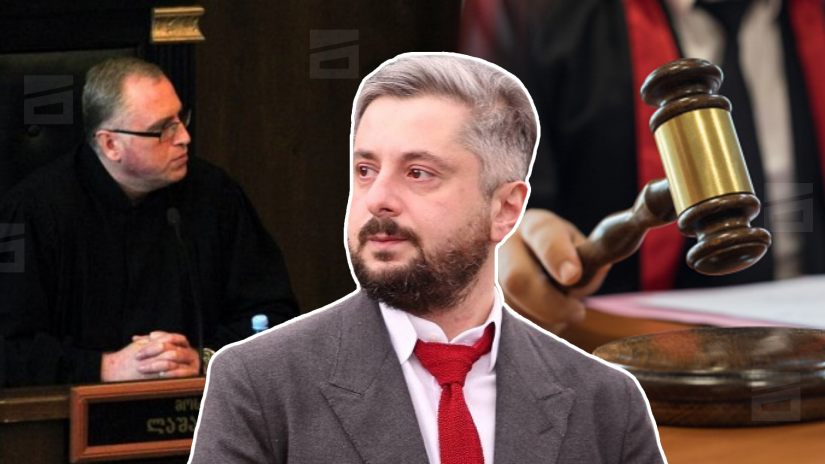
The Georgian Young Lawyers' Association got acquainted with the verdict against Nika Gvaramia, Kakhaber Damenia and Zura Iashvili in the so-called "Rustavi 2" case.
According to GYLA, the questions that existed at various stages of the trial regarding the standards of indictment, trial, conviction and the independence and impartiality of the judge are not answered in the verdict, which is why the organization considers the verdict to be invalid.
In addition, according to GYLA, a number of pieces of evidence examined in the courtroom provide grounds to say that there were no signs of crime in the action.
The so-called 2015 episode:
"In the so-called 2015 episode, the judge changed the qualification of the charges against Nika Gvaramia and Kakhaber Damenia. Kakhaber Damenia and Nika Gvaramia were found guilty of abuse of power. In this episode, Nika Gvaramia and Kakhaber Damenia were accused of intentionally damaging the TV station by artificially reducing advertising revenues between September and December 2015.
Speaking about the actions of Nika Gvaramia and Kahaber Damenia in this episode, the judge explains that their motivation should be assessed not only by the content of the action, but also by the background. Circumstances and results, as well as telling about the friendship between Gvaramia, Damenia and others, which is related to the replacement of Inter Media LLC and Inter Media Plus. Besides, he points out that the current change is not in the personal interests of the Rustavi 2 company, but in the personal interests of the Rustavi 2 management. Based on witness testimonies, the judge explained that the last quarter of the year (September-December) is the most profitable period for the TV companies, although in the last quarter of 2015 the revenue of Rustavi 2 dropped sharply due to a change of approach by Kakhaber Damenia and Nika Gvaramia and Inter Media Plus "Reduced demand for money". It is noteworthy that in January 2015 the rules for posting ads were changed, which affected the previous results, leaving the above without judicial evaluation.
At the same time, it is unclear whether the court ruled that Nika Gvaramia intended to harm Rustavi 2 after Kibar Halvashi filed suit, because he had reasonable expectations of a change of ownership of the TV channel and the court decision had not yet been provided. However, based on this argument, the court does not ask why, if the defendant had an intent to harm the TV company, it did not continue in the subsequent periods, especially after the court decision, when the prospect of the ownership change became more plausible for the TV company.
With respect to the same episode, the court evaluates the specific decision made in the exercise of managerial authority, the contract entered into by Gvaramia, and the effect of said contract, which we do not consider an action subject to criminal evaluation. According to GYLA, the current events surrounding Rustavi-2, the change in advertising rules, and their impact on the company's revenues during that period were not fully and objectively evaluated by the court, which is why we find the sentence in this case Episode unsatisfactory.
So-called Automobile episode.
The court found Nika Gvaramia guilty of exceeding his authority and on the episode in question. In that episode Nika Gvaramia was accused of buying a car for personal use from Proesco Media LLC and reimbursing the contractor for reducing the advertising time of Rustavi 2.
The judge's assessment of this part of the verdict is contradictory. In the verdict based on the testimony of a witness the judge himself said that Nika Gvaramia could have received the car as a bonus but as the court explained he had chosen a criminal scheme, which in our opinion has no legal basis and can be assessed as illogical reasoning. It is unclear why a person would have a criminal desire to obtain something that is within his authority. It should also be noted that the court finds it acceptable for the director of the company to issue a bonus to himself, which can be given both in cash and in non-cash form. Thus Nika Gvaramia would have received the car as a bonus if the TV company had paid for the car with another asset (as the court explains, under a "criminal scheme"), which would have led to an almost identical result for Rustavi 2. and cannot be considered a crime under the Criminal Code.
In the ruling, the court defines equality of the parties and argues that it not literally mean that they are given the same amount of time to present evidence, as it depends on the quantity, scope, and content of the case. It was reported that the defense's request to investigate them at trial raised the court's suspicion of delaying the case... On the side of examining the evidence and finding it undisputed, for some reason the Court says nothing about the legislator's requirement that the parties agree to the evidence they do not dispute. The Court's position on this is even more ambiguous, as the Court notes that the burden of proof is on the prosecution, although it is concerned that the defense did not question individual witnesses or ask questions of the defense, and much of the defense evidence belonged to the prosecution. On the other hand, even the defense did not allow the public to exercise the opportunity afforded them by law at the public hearing, or even to question witnesses duplicated directly from the prosecution's list.
At the same time, it is incomprehensible for the court to defend the prosecution's position in a political context and to appeal the fact that, unlike other cases in this criminal case, the prosecution demanded bail rather than incarceration as a preventive measure, and the judge was well aware of the specific purpose and preconditions of the measure.
The question of the judge's avoidance
The verdict also failed to answer another important question in the case, that of the judge's evasion. In response to questions about the judge's objectivity and impartiality, such as his close friendship with the director of the holding company Rustavi 2, and doubts about his alleged interest in the case, the judge spoke about this in his ruling, but it did little to dispel the doubts of society at large. The judge notes in the ruling that the avoidance statement does not follow any legal prerequisite under Article 59 of the Code of Procedure and Civil Procedure, and must at least meet the standard based on any factual circumstances. Such an assessment is meaningless, and the law explicitly states the prerequisite for avoidance is questionable circumstance that should have been evaluated by the court from a public perception, not from a personal perspective.
The judge did not look at the case in its general context, narrowing it and indicating that the witness was only being asked about the factual circumstances with which he had to deal in the case at trial.
The judge did not assess his friend's possible interest in civil law as a result of the verdict, which may have been the basis for his decision. In this case, it casts a shadow over the justice system" the GYLA report said.



